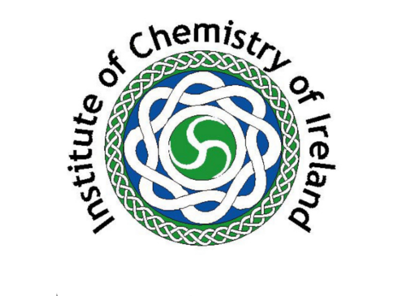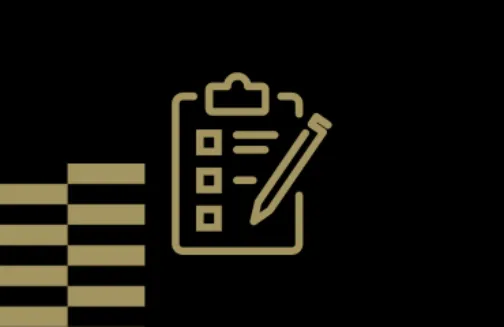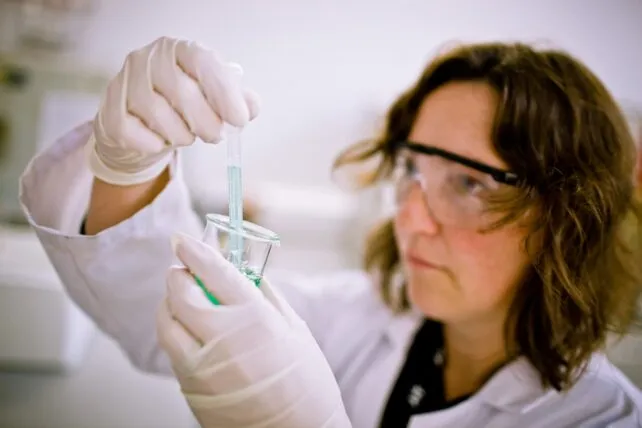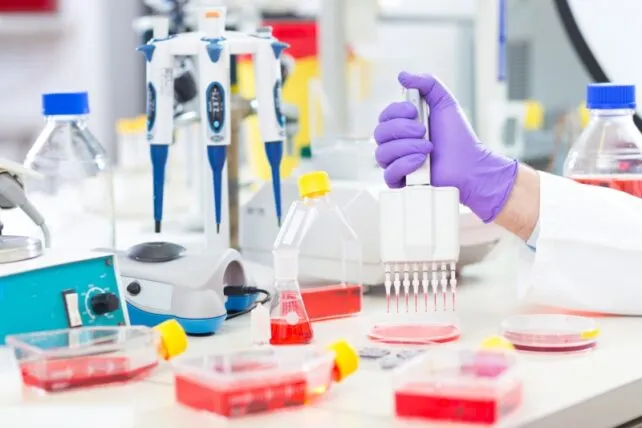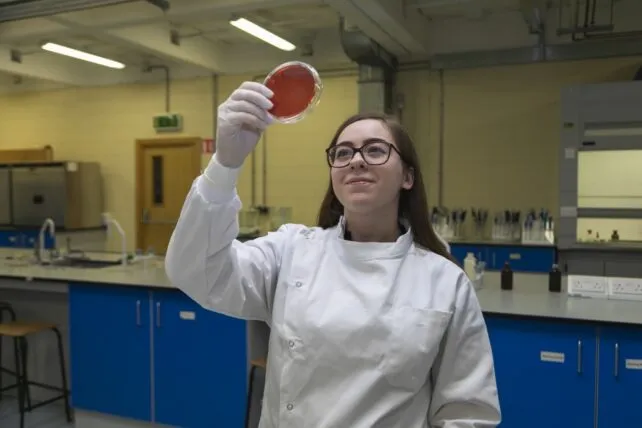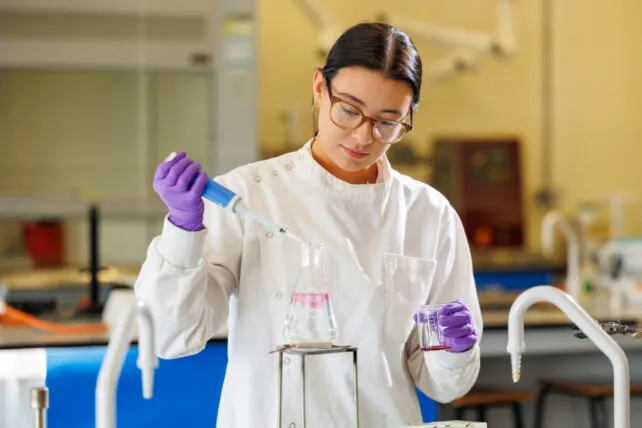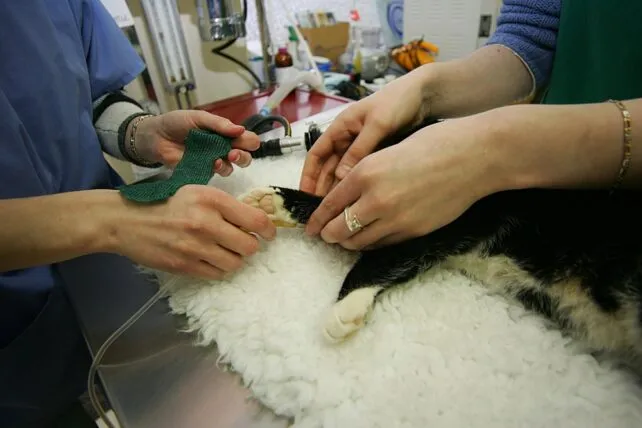This unique Academy of Pharmaceutical Sciences (APS) internationally accredited programme provides the essential information and skills required for employment in the pharmaceutical sector. Given the wide range of disciplines required in driving modern manufacturing approaches this multidisciplinary course covers chemical-based and next generation biotech-based therapeutics and their formulation into safe and effective medicines of high and durable quality.
The pharmaceutical sciences are typically concerned with methods and techniques to minimise toxicity and optimise therapeutic efficacy, maximize product yield, and how to circumvent difficulties with drug absorption or unwanted distribution and premature inactivation or elimination. It also explores which new generation technologies such as nano-encapsulation and stimuli-sensitive polymers are most suitable to achieve beneficial drug delivery. The core experience across the modules is the exploration of the structure-property relationships of drugs and pharmaceutical materials. Using sophisticated apparatus and instrumentation, our graduates will develop the skills that will give them a range of career options within a dynamic jobs market.
In addition, we will help to grow adaptable, interpersonal attributes required for you to interact and engage effectively with colleagues from other disciplines. Of particular note, during semester two of Year 3 students avail of the incorporated, guided external placement, typically within the facility of a host industrial partner. Such undergraduate real-world, relevant experience is uniquely transformative for an individual learner and key for the provision of work-ready and research skilled graduates.
Year 4 students of the programme subsequently have the opportunity to participate in one of the annual regional conferences of the Science Undergraduate Research Experience (SURE) Network.
In summary, the continued growth and prosperity of the pharmaceutical industry in Ireland is is highly dependent on the generation and attraction of skilled graduates and this course is designed to give you the knowledge and competence to enter industry or proceed to further postgraduate education. The Midlands Region is a hub for many pharma and healthcare companies and this degree programme supports that growth.

